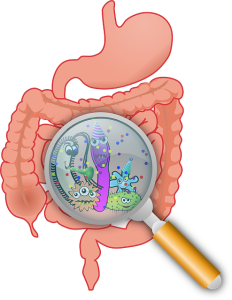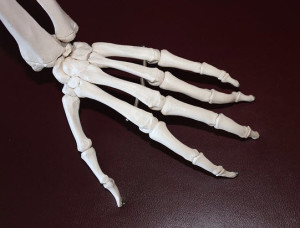 There are a number of medical exams that should be performed regularly in order to keep you at your peak health, explains Marla Ahlgrimm. Maintaining a relationship with your doctor and other health care providers is important in achieving your overall health goals.
There are a number of medical exams that should be performed regularly in order to keep you at your peak health, explains Marla Ahlgrimm. Maintaining a relationship with your doctor and other health care providers is important in achieving your overall health goals.
Dental exam
Your dentist is a vital professional who can help you maintain overall good health, says Marla Ahlgrimm. He or she can help you detect certain health conditions that present with symptoms in the mouth. See your dentist twice a year.
Eye exam
An ophthalmologist is a doctor who specializes in detecting and treating conditions of the eye. This includes vision problems, but also more serious issues such as glaucoma.
Immunizations
According to Marla Ahlgrimm, most women should get a flu shot every year. Other vaccinations, including pneumonia, may be discussed on an individual basis. Most adults have been vaccinated for tetanus, diphtheria, and pertussis, but can benefit from a tetanus-diphtheria booster every decade. Once you reach the age of 60, Marla Ahlgrimm suggests talking to your doctor about the shingles and herpes zoster vaccine.
Physical exam
A quick visit to your doctor once a year can provide you with major insight regarding your health, says Marla Ahlgrimm. During an annual exam, your doctor may check blood pressure, cholesterol, height, weight, and body mass index (BMI). You will be asked about your diet and exercise routine and your alcohol and tobacco use. Your doctor may also talk to you about stress, depression, and anxiety.
Breast exam/mammogram
Once you reach the age of 40, your doctor may recommend a mammogram. This is a painless test that can help detect breast cancer in its early stages, when treatment is most effective.
Pelvic exam/Pap smear
Women of childbearing age should consider having a Pap smear every three years and an HPV test every five. This may be done by your primary care physician or a gynecologist, a doctor who specializes in women’s reproductive health, says Marla Ahlgrimm.









 Women take note: your doctor isn’t someone you should only visit when you’re ill.
Women take note: your doctor isn’t someone you should only visit when you’re ill. 
 An occasional upset stomach, constipation, heartburn, or diarrhea is likely nothing of concern, says women’s healthcare expert
An occasional upset stomach, constipation, heartburn, or diarrhea is likely nothing of concern, says women’s healthcare expert 
 Feet are at the bottom of the totem pole when it comes to women’s health concerns, says
Feet are at the bottom of the totem pole when it comes to women’s health concerns, says 
 Sleeping and sex. These are the only two activities that should happen in the bed, says women’s health expert
Sleeping and sex. These are the only two activities that should happen in the bed, says women’s health expert 
 Many breast cancer treatments have the unfortunate side effect of causing decreased bone density, explains retired pharmacist and women’s healthcare entrepreneur
Many breast cancer treatments have the unfortunate side effect of causing decreased bone density, explains retired pharmacist and women’s healthcare entrepreneur 





 Marla Ahlgrimm has co-authored two ground-breaking books,
Marla Ahlgrimm has co-authored two ground-breaking books,